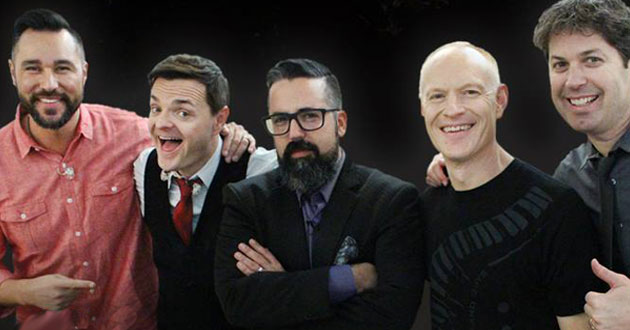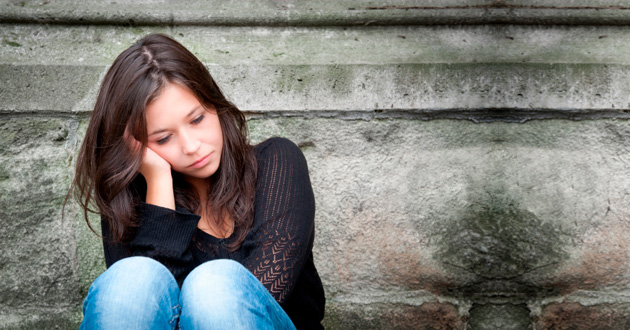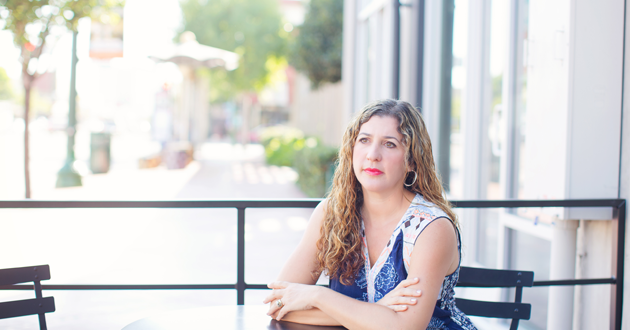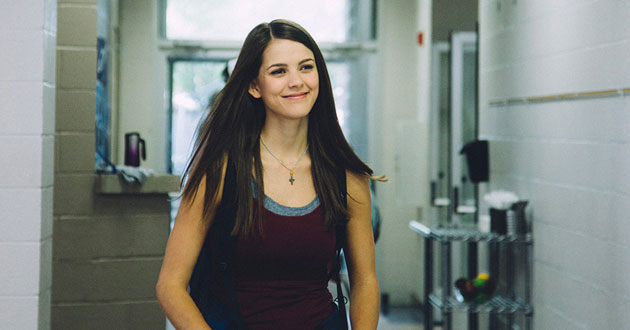Cooking up joy | Food Network chef rediscovers life’s value after deep sorrow
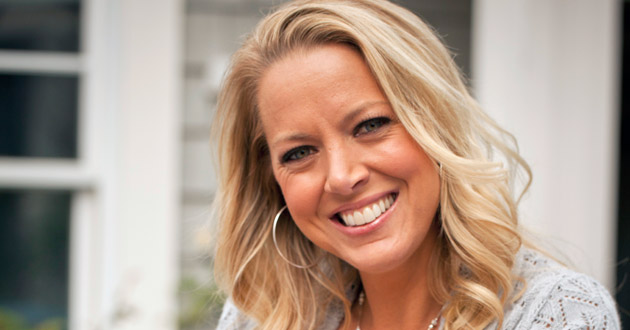
Her mom’s phone rang busy. Beep. Beep. Beep.
Melissa d’Arabian had just returned to the University of Vermont after having spent the weekend in Washington D.C. with her single mother who worked as a doctor. The two had shopped for a formal dress that Melissa, then 20 and a junior studying political science, needed for a sorority event. They ended the shopping spree with dinner.
“It was a very typical college daughter-mom thing to do,” d’Arabian said. “I remember when I found the dress that I loved, it was more expensive than what our budget was. I remember my mom said, ‘Oh, well, if you lend it to me whenever I want to wear it, then it’s sort of like getting two dresses for the price of one, so maybe we can double the budget.’”
A few days later, Melissa needed money for a test-prepping course to get into graduate school. She picked up the phone to try her mother again.
The phone kept ringing busy. Beep. Beep. Beep.
On her way out the door to meet up with friends, Melissa tried her mom one last time. This time it rang.
An unfamiliar male voice came over the phone. He identified himself as a member of the Montgomery County Police Department.
“We had a very short and simple conversation,” she said. “It’s one that I play in my head over and over again, less often now, but I can play it over and over in my head, word for word, note for note and yet I’ve never repeated it out loud in 25 years.”
The gist of the conversation was this: her mother had died by suicide.
“I couldn’t figure that out,” she said of her mother’s desperate act. “We had gone through so much. She had put herself through college. We were broke, on food stamps. She put herself through medical school and raised two young girls as a single parent. What was she thinking when she finally became a doctor and became successful—and became a success according to the world’s definition of success?”
D’Arabian also couldn’t reconcile their final weekend together.
“I remember thinking later, ‘Why would you plan on wearing my dress if you were going to die a few days later?’”
• • •
At 45, and having now lived longer than her mother, d’Arabian is a celebrity chef on the Food Network. She hosts her own show, “Ten Dollar Dinners, ” and uses her public platform to promote suicide prevention, minister to and encourage women, and share her insights on her Christian faith.
It was a long journey to get to this place.
“My mom’s death took its toll on me financially, logistically, but mostly it took a toll on me spiritually,” she said. “You want to talk about a winter. A winter is not feeling connected to God and not feeling His presence.
“It’s not even about me ‘feeling’ because one thing I learned over the years: Me not feeling God doesn’t mean that He’s not there. I’m imperfect. Knowing that God is there does not depend upon me feeling Him. That’s what I’ve a learned.”
Now a resident of Coronado, d’Arabian said she was raised in the church and spent several of her teen years at First United Methodist Church of San Diego when her mother worked at Balboa Hospital. While in San Diego she also attended a private Christian school. But by the time she entered college, like most 18-year- olds trying to assert their independence, most of her spiritual influences had slipped away. The loss of her mother accentuated that void, ushering in a decade-long crisis of faith.
“I couldn’t reconcile ‘why,’ and I couldn’t reconcile what that meant in terms of my faith,” she said.
“My mom’s suicide catapulted me into a new reality. I would not characterize that as, ‘Oh, I immediately lost my faith.’ I think in some ways it was a sort of catalyst for a slippery slope of being farther and farther away from my faith.”
As time passed she found herself chasing the same things that ultimately failed to bring her own mother happiness.
“Of all that things that ultimately turned out to be meaningless to her—the career, the money, the success—in a weird twist of irony those were the very things that I clung to, not because God wasn’t there, but because I turned away. That is a winter.
“I think I thought, maybe, I could squeeze something out of those things that my mom had been unable to do. I would do it, but I would do it better.”
Although she was enjoying an active social life and good money after earning her MBA from Georgetown University, her soul was famished. She likened it to the frog in hot water.
“It’s hard to ignore boiling water, right?” she said. “It’s hard to ignore the bubbles when they are all around you, but that’s what it took. I kept looking around and seeing bubbles and saying, ‘Wait a second. I’m not doing what I think I should be doing. I don’t think that what I’m doing is God’s best for me.’ It kind of took 10 years for the pot to boil. It was a pretty big pot.”
Eventually the teachings of her youth came back into focus.
“I felt like my life didn’t match my compass more and more,” she said. “And when there is a delta between my compass and what my gut says, and my life choices, that’s a very uncomfortable place to be. The good news is that discomfort can be the very thing that brings us back down on our knees and at Jesus’ feet.”
• • •
After recalibrating her life, d’Arabian was able to move beyond the deep-seated grief and uncertainty that defined most of her 20s.
“I learned that God is this dynamic God that works from the inside out. He didn’t just create us in Genesis,” she said demonstratively washing her hands “and then went on His merry way.”
After working in corporate finance for Disney in Southern California, she accepted a post with Euro Disney where she met her future husband, Philippe. They have four children: Valentine, a third-grader, Charlotte, a second-grader, and first-grade twins Margaux and Océane.
“I raise my four young daughters as an honor to be their mentor, their guide on this path called life,” she said. “My girls are a big part of my faith. They are a big part of how God has blessed me and how I give back to Him with gratitude and joy every day.”
That gratitude and joy comes from a life anchored on something much greater than the material confines of self.
“I live with purpose,” she said. “I find my value in places other than the outside. I trust that God sees something that I don’t see in me and I’m learning to trust God’s vision for me and vision ofme and view of me, more and more. I stopped comparing my insides with other people’s outsides.”
That vision, she said, is not Pollyanna in scope, but is grounded in the certainty that life can be hard, disappointments are real, and pain is a given.
“I’ve come to believe in the depths of my soul that joy is an inside job,” she said. “Today I have enough joy to house the sorrow. It doesn’t mean that life doesn’t happen. It doesn’t mean that live doesn’t have its winters, but I have enough joy to house the sorrow, and I can be full of joy and yet sorrowful at the same time.”
As she reaches out to others, particularly to women, d’Arabian said her goal is to help people see beyond the earthly limitations of this world.
“Wildly celebrated success fixes nothing important,” she said. “That took me 10 years to realize. Unfortunately, my mom never realized that. Yet I will tell you that my mom was an extraordinary woman and her death does not define her. And one thing I know, that in the world of redemption it’s Jesus plus nothing. It is Jesus plus nothing else. No other conditions.
— by Lori Arnold

